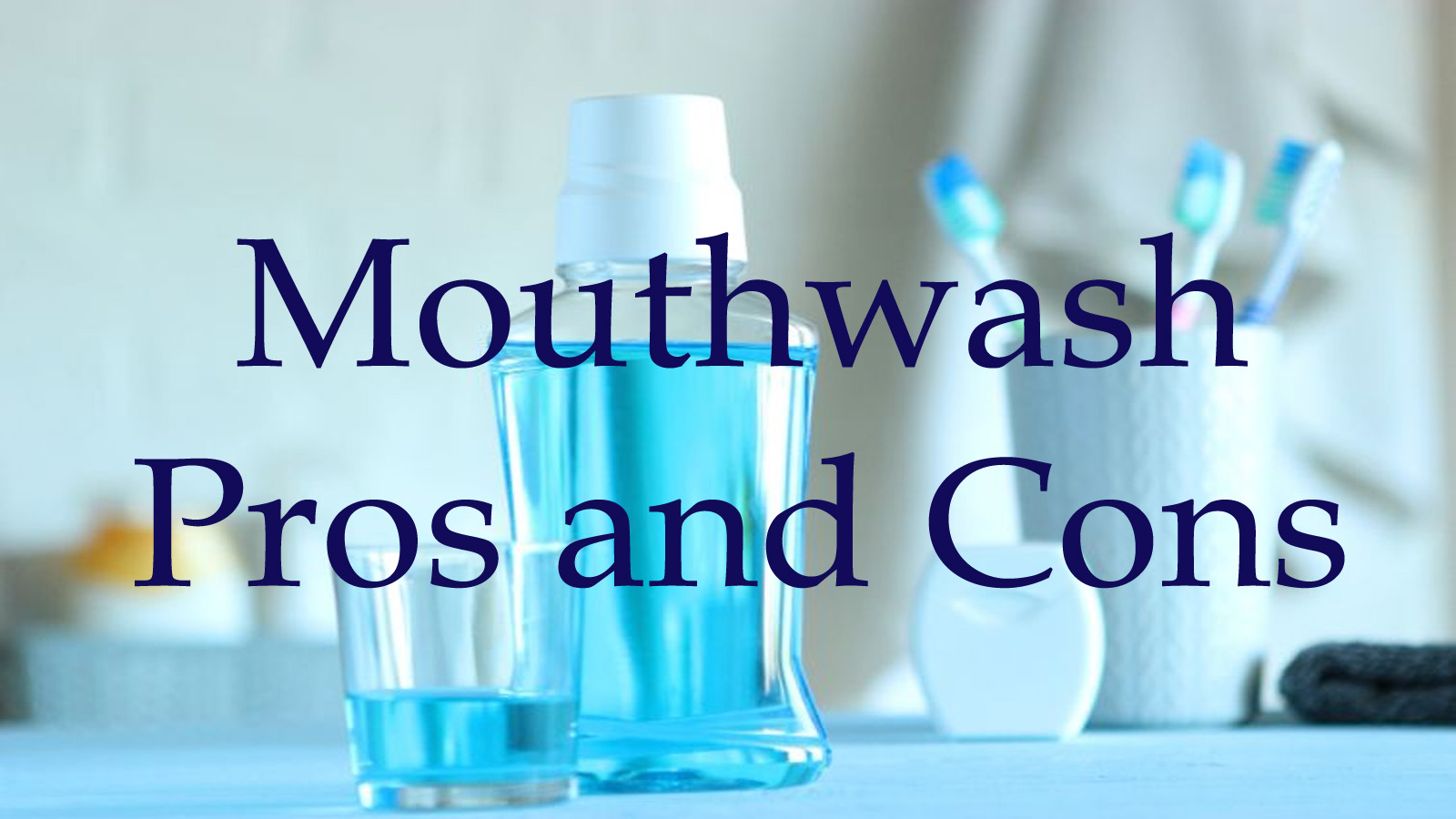Fri, 04 April 2025 04:11:34am
Related Tags: #Health #Healthcare #Mouthwash #OralHealth #gum #problems
Surprising Ways Your Favorite Mouthwash May Actually Harm Your Oral Health

The Shocking Truth About Oral Health
As per a new report, normally utilized liquor based mouthwashes might unfavorably affect oral microbiomes, the local area of microorganisms that live in the mouth, raising dangers of periodontal illnesses and a few malignant growths. The oral microbiome plays a role in digestion and keeps the mouth healthy.
It can actually be quite painful when you rinse for too long. This aggravation can be more terrible in the event that you have delicate gums and, for some's purposes, the cruelty of the mouthwash can really cause ulcers in your mouth. Alcohol also causes dryness, which is not only uncomfortable but also unhealthy. You require saliva to help keep bacteria from building in your mouth, and it also plays an important role in eating and digestion.
Hence, it very well may be ideal to consider an "liquor free" or "less extreme" mouthwash on the off chance that you choose to involve mouthwash as a feature of your oral cleanliness system. A great many people, taking everything into account, don't need mouthwash for however long they are steadfastly brushing and flossing everyday.
In hand with a fluoride treatment and regular dental checkups and cleanings, your teeth and gums will remain healthy.
“Alcohol-based mouthwashes are widely available. The public may use them daily to tackle bad breath or prevent periodontitis, but they should be aware of the potential implications. Ideally, long-term usage should be guided by healthcare professionals,” said Dr Jolein Laumen

Pros and Cons of Mouthwash:
|
Pros of Mouthwash |
Cons of Mouthwash |
|
There are many advantages to involving mouthwash as a feature of your everyday oral wellbeing system including:
|
In spite of the advantages of mouthwash, there are additionally a few cons to consider including: |
|
Extra cleaning: Mouthwash can help get to the excess garbage abandoned subsequent to brushing and flossing. The fluid streams around and between your teeth, assisting with flushing out your mouth all the more completely. |
Oral disease: A few examinations have shown that mouthwashes containing liquor can adversely affect delicate tissue in the mouth. Oral cancer has been linked to this.
|
|
Solid gums: Microbes in your mouth can really hurt. Brushing doesn't eliminate microscopic organisms, which can then be passed on to develop and cause aggravation and irritation of your gums. This can form into serious periodontal sickness. Mouthwash can assist with killing destructive microorganisms for better gums. |
Irritation: Alcohol can cause a burning sensation in some people, which can delay the healing of canker sores and ulcers. |
|
Better teeth: Oral microorganisms opens your teeth to rot. To aid in the prevention of tooth decay, antibacterial mouthwash can kill bacteria. |
A cosmetic remedy for bad breath: Mouthwash masks bad breath but does not help combat the problem. In the event that you experience the ill effects of halitosis, an ailment causing serious terrible breath, it is ideal to address us to track down a more long-lasting arrangement.
|
|
Fresh breath: After eating strong foods like garlic or onions, giving your mouth a quick rinse can help keep your breath fresh. |
Tooth staining: Certain mouthwashes contain weighty colors that can really stain your teeth. |
|
Fortify finish: A few mouthwashes contain veneer reinforcing fixings which will assist with keeping your teeth more impervious to rot. |
Killing great microscopic organisms: The beneficial bacteria such as great microbes naturally defends against pathogens. At the point when you use mouthwashes that are thought of "sterile" or "antibacterial", they kill microorganisms aimlessly. This implies they are killing both the great and terrible microscopic organisms in your mouth. This could make your immunity weaker and your natural ability to fight off pathogens less effective. |
FAQs:
1) Is mouthwash good or bad for oral health?
Mouthwashes are cleared by the U.S. Food and Drug Administration, endorsed by the American Dental Association and, in general, safe to use. However, keep in mind that they are not meant to treat oral health problems but rather to prevent them.
2) Is mouthwash safe to use everyday?
Mouthwash is a popular oral hygiene product, and as long as it's alcohol-free, you're safe to use it every day.
3) Does mouthwash destroy oral bacteria?
Mouthwash promotes healthier gums and aids in the elimination of harmful bacteria. The use of antibacterial mouthwash eliminates oral bacteria and reduces tooth decay, while fluoride mouthwash can help to strengthen the enamel of your teeth and keep them resistant to decay.
4) What are the side effects of drinking mouthwash?
Drinking large amounts of mouthwash may cause symptoms similar to drinking large amounts of alcohol (drunkenness). Hydrogen peroxide and methyl salicylate can also cause serious symptoms in the stomach and intestines if swallowed in large quantities. It can likewise prompt changes in the body's corrosive base equilibrium.
5) Can too much mouthwash damage your mouth?
The regularly suggested use for mouth wash is two times in a 24-hour duration in the wake of cleaning your teeth. Regardless of whether you've had an especially zesty or sharp lunch, you ought to adhere to the suggested dose. Utilizing an excess of can bring about mouth wounds, excited oral tissue, diminished taste awareness and excruciating gums.
6) What is the safest mouthwash to use?
Fluoride Mouthwash such as ACT Alcohol-Free Anticavity Fluoride Rinse or CloSYS Silver Fluoride Mouthwash. But it is always advisable to consult a professional if you already suffering from oral health issues or have a family history of having those.
7) Can mouthwash cause enamel loss?
Lots of mouthwashes incorporate acidic balancing out delegates to extend the life expectancy, in any case, these acids can worry your tooth enamel making them much more defenseless against degeneration, as well as causing more damage than anything else. Does mouthwash destroy oral bacteria?
In addition to brushing and flossing, a mouthwash can help to eliminate remaining harmful bacteria.
8) Do doctors recommend mouthwash?
While not a replacement for daily brushing and flossing, use of mouthrinse (also called mouthwash) may be a helpful addition to the daily oral hygiene routine for some people.
9) Is salt water better than mouthwash?
As per the Oral Disease Establishment, the high liquor content in certain mouthwashes can aggravate your mouth, especially your gums. Saltwater rinses can be safer alternatives while also killing bacteria and keeping your mouth clean. In addition to stopping bacterial growth, saltwater rinses have other benefits.



